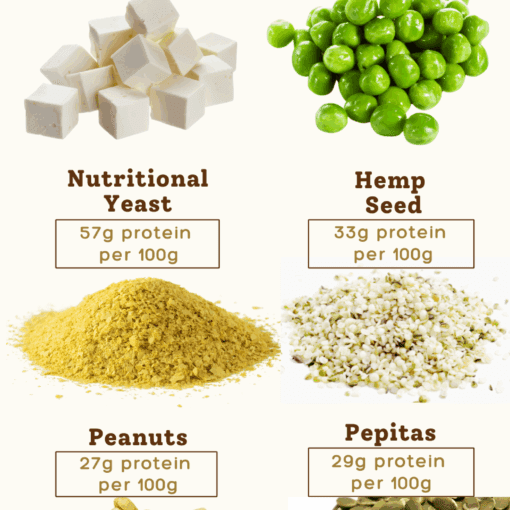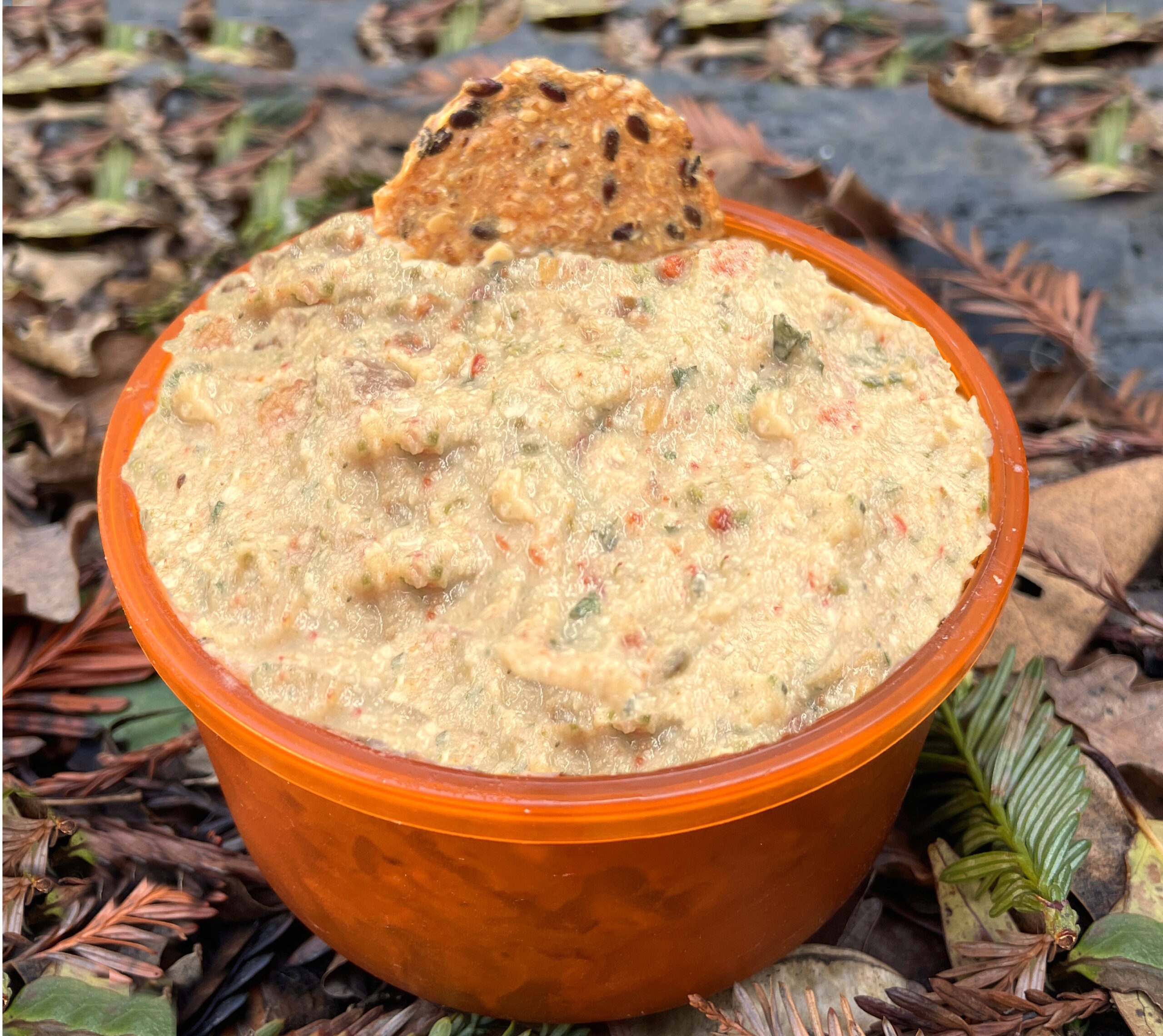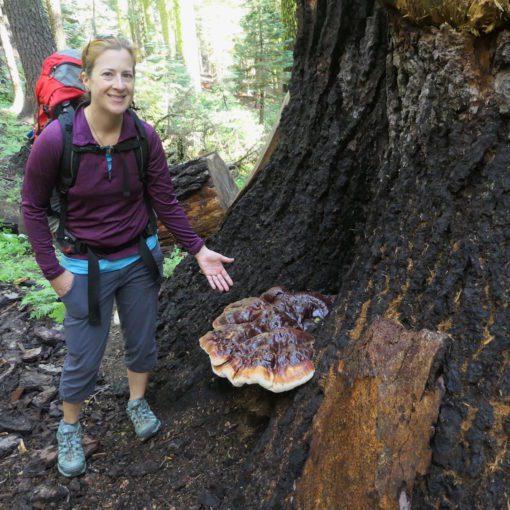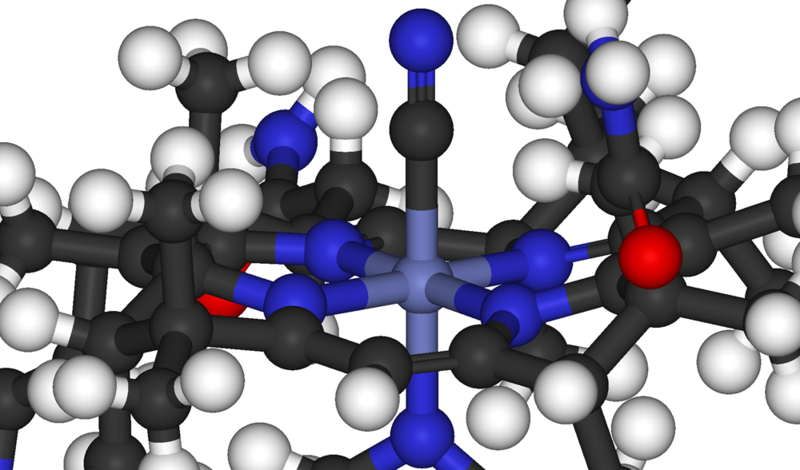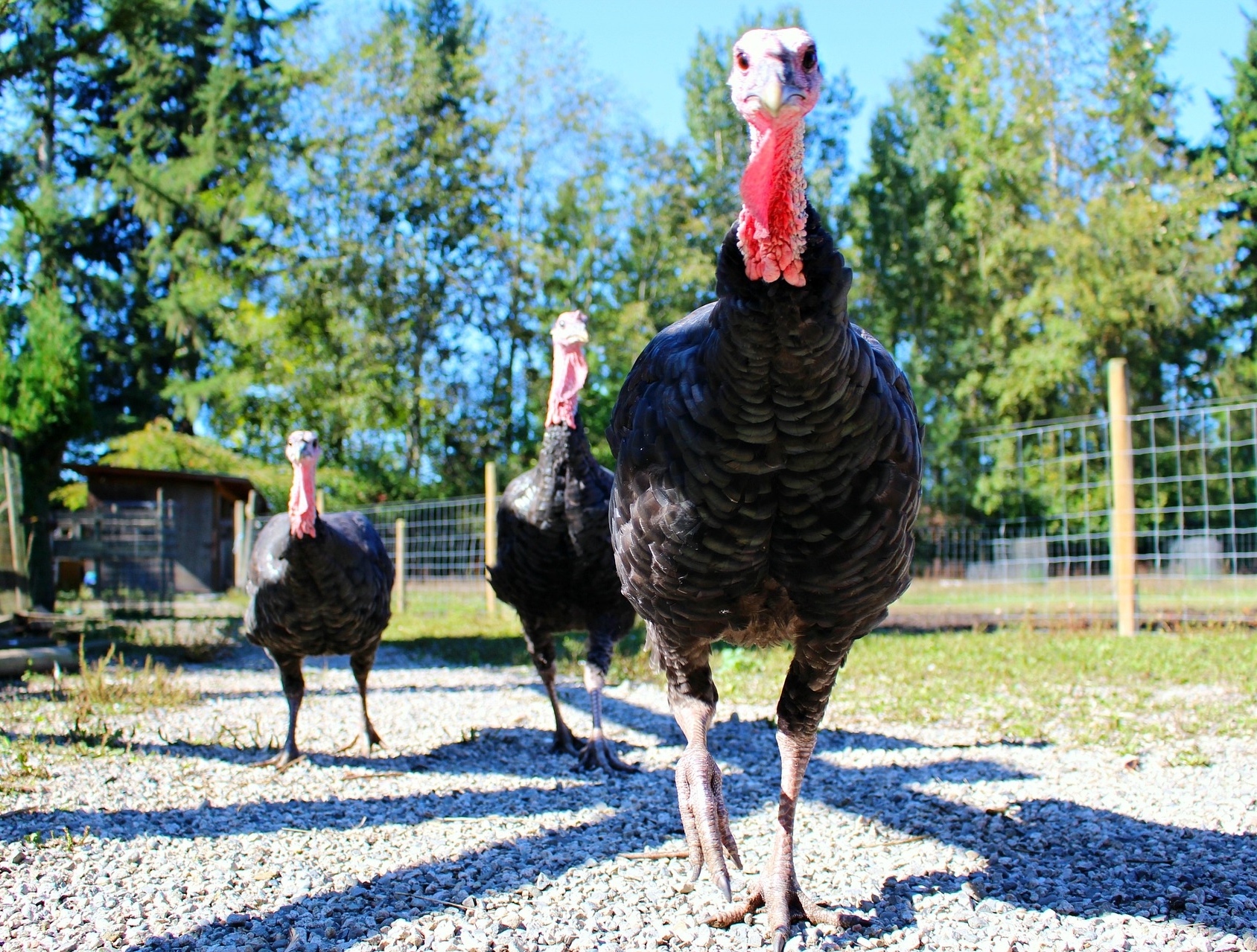Everyone knows meat, eggs, and dairy as a solid source of protein, but many plant-based ingredients, including legumes, whole grains, nuts, and seeds, are also rich in protein and can be added to trail food to meet (or exceed) your dietary needs. An easy way to boost the protein content of backpacking meals is to mix these proteins into already dried and instant foods like oatmeal, mashed potatoes, rice, pasta, and soup mixes. Small additions to each meal make a big difference in boosting your daily protein needs. Whether you follow a plant-based diet entirely or want to diversify protein […]
Vegetarian
Hummus is often overlooked in favor of ordinary hiking snacks like trail mix or granola bars. However, this delicious spread offers a refreshing change from the usual options while providing balanced energy and convenience. With the availability of powdered hummus, it takes seconds to whip up a batch of this filling spread. Nutritionally, hummus is also a winner. Hummus offers extensive nutrition for backpackers. Here’s why: Powdered Hummus for Hiking Many brands offer portable to-go containers of ready-to-eat, shelf-stable hummus that may work for tossing in your pack. The downsides include the packaging waste and tiny serving size (usually 2 […]
You might wonder why humans would ever decide to eat mushrooms. At first glance, mushrooms might seem unappealing. They are, after all, a type of fungus, and many varieties are toxic. Unlike plants, mushrooms lack chlorophyll and do not require sunlight to grow. Instead, mushrooms grow from the decaying and deceased matter of plants and animals. Their cell walls do not contain plant cellulose but chitin, a carbohydrate-amine complex that also makes up the outer skeleton of insects and crustaceans. These characteristics can cause some people to write mushrooms off as inedible. However, a closer look reveals that mushrooms are a […]
Eating poorly on the trail will lead to fatigue in the short-term and illness in the long-term.
When Wild Turkey numbers dwindled in the twentieth century from hunting and habitat loss, various states, such as California, adopted programs to reintroduce them. These programs have saved them from extinction. Today, wild turkey populations have recovered throughout the United States. Here in Northern California, wild turkeys are a daily occurrence. You’ll find them roaming free in suburban front yards and public parks. Drivers routinely stop for a pack of turkeys to cross a busy street. The gang will stroll across the street without concern, fanning their tail feathers and pecking at bits of leaves while crossing. Although most people […]
